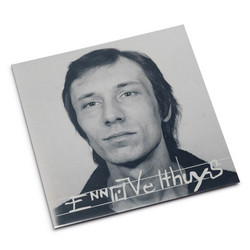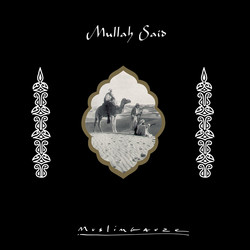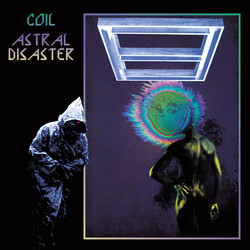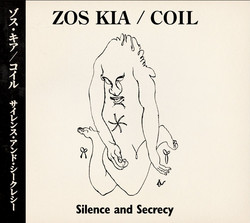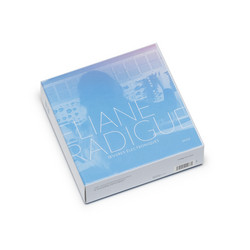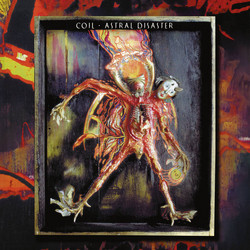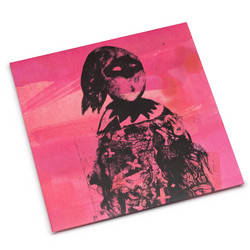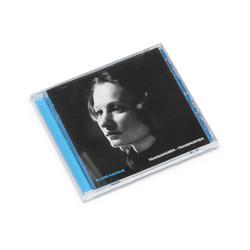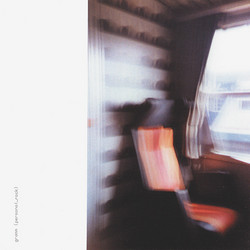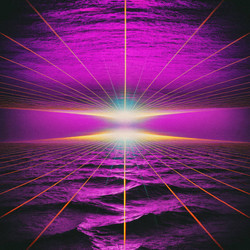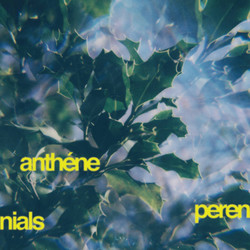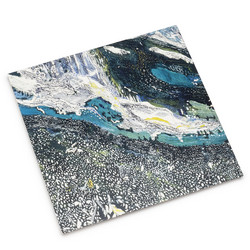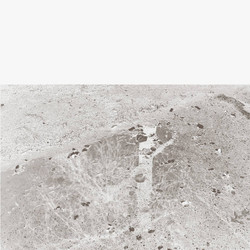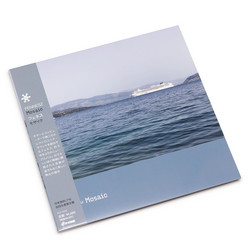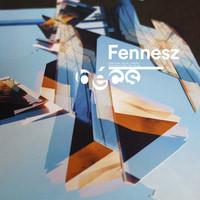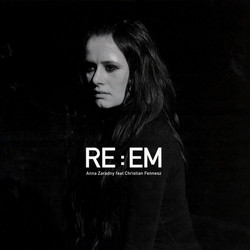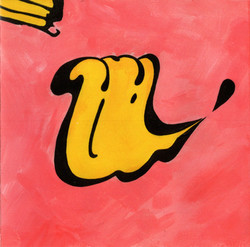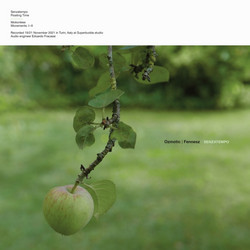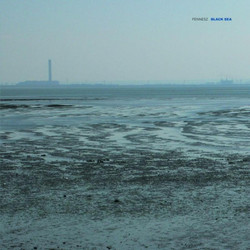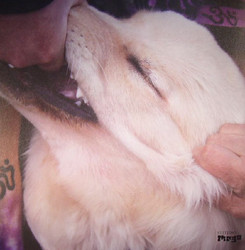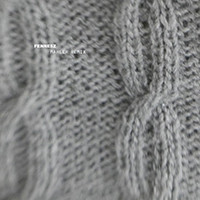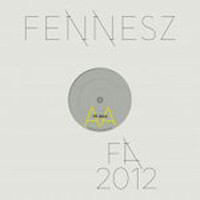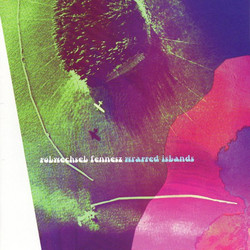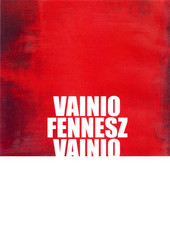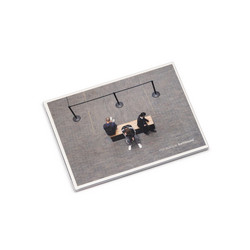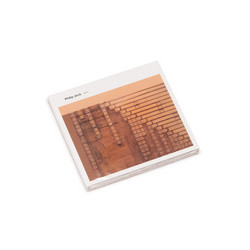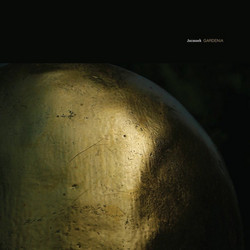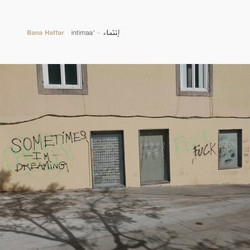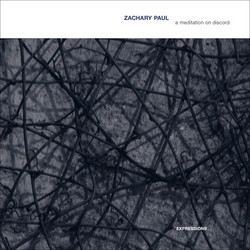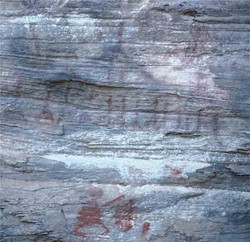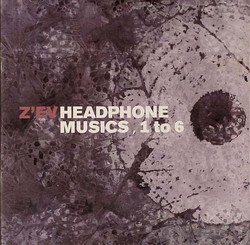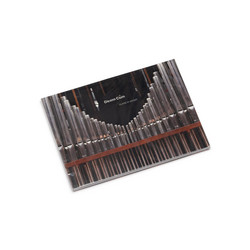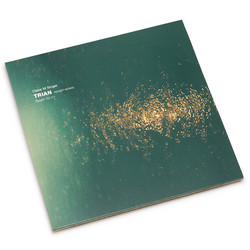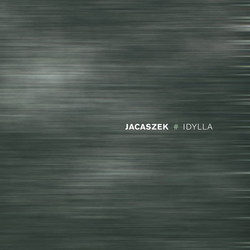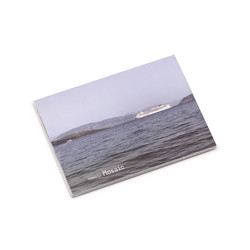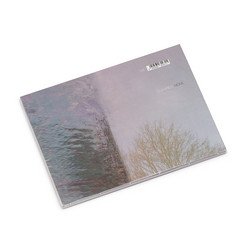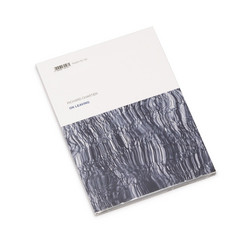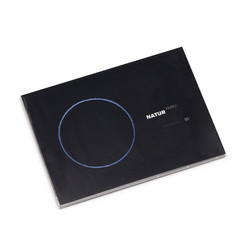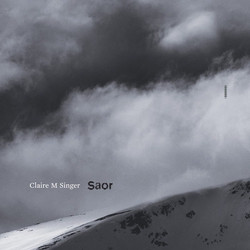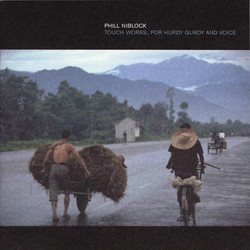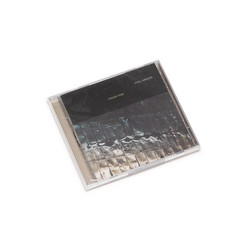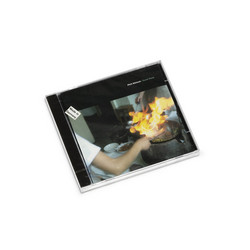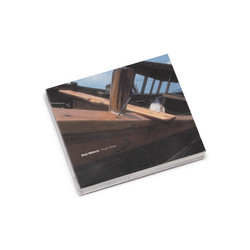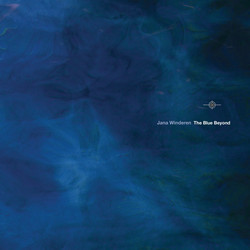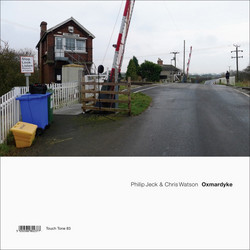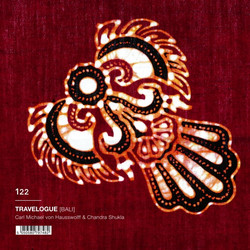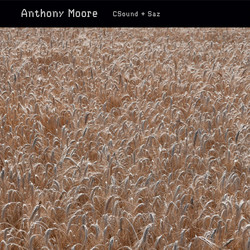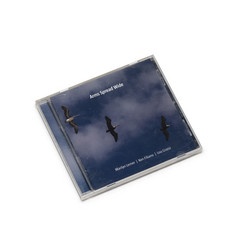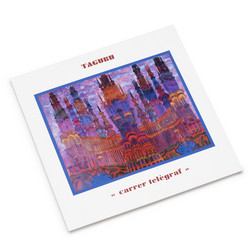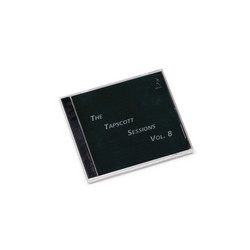Black Sea is the much-anticipated new album from Christian Fennesz, his first since Venice. Fennesz’s career has come a long way since Instrument, his debut for Mego in 1995, and his first solo album Hotel Paral.lel which followed in 1998. Endless Summer [Mego, 2001] brought him to a much wider audience and Venice underlined his mastery of melody and dissonance. His songs usually embody the skilful application and manipulation of dense sonic textures with a genuine feel for the live, and real-time. Black Sea features guitars that rarely sound like guitars; the instrument is transformed into an orchestra. Fennesz lists the elements used to make the compositions: “Acoustic and electric guitars, synthesizers, electronics, computers and live-improvising software lloopp.” On “Glide”, Fennesz duets with Rosy Parlane, whose work is also released on Touch. Fennesz also teams up with artist Anthony Pateras, whose prepared piano features on “The Colour of Three”. Fennesz pushes his work into a more classical domain, preferring the slow reveal to Venice’s and Endless Summer’s more song-based structures. Jon Wozencroft’s artwork makes visible this carefully hidden world resting beneath the surface of “the first impression”. A series of shots, taken in quick succession as the tide recedes, reveals a world of specific activity only visible at a particular time and place, histories appearing and disappearing.
All tracks composed, performed, record and mixed at Amann Studios/Vienna and c-street/Paris except "Glide" which was recorded live in Paris and then edited and mixed at Amman Studios. Anthony Pateras's prepared piano on "The Colour of Three" was recorded at Amman Studios in 2005.
Comes in a four-panel digipak.
